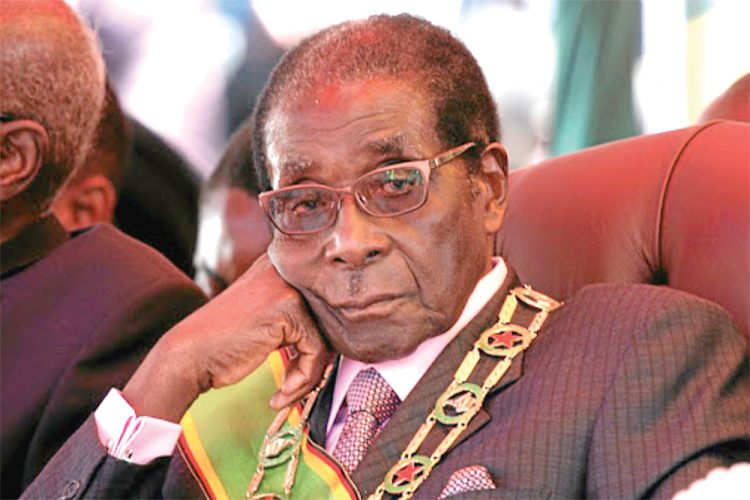Democracy is a two-way responsibility

The funeral of one of the heroes of the African liberation movement, Robert Mugabe, the deposed former President of Zimbabwe, took place last weekend.
The political dust on his career is unlikely to settle for quite some time, however. His was an official state funeral as befitted one who played a crucial role in ending white minority rule in his country, securing its independence and ensuring access to basic social services for the Zimbabwean people.
However, the positives of the earlier part of his career were blotted by the latter part which has reduced his country and people to levels of poverty and deprivation. Thus much of the commentary on Mugabe’s life has centred on assessing his overall contribution. Important though this debate is, for me, there are even more important issues arising out of Mugabe’s iron-fisted rule.
He was not alone among African leaders in such a double-sided career. Indeed, not alone among those world leaders who have ruled their country for protracted periods, heroic and beloved at first, but later turning against the best interests of their own people. Here in the Caribbean though we have not had, fortunately, the experience of brutal dictators, once popular anti-colonialists and anti-imperialists like Eric Williams and Forbes Burnham marred their careers at the back end. Right here in SVG, Ebeneezer Joshua, still a candidate for National Hero status, had an ignominious end to his political career, even opposing our country’s accession to independent status, something that he had fought for earlier.
What is important for us all is what causes this about-turn, what makes a fighter for democracy for his people, into a tyrant in later life? What are the lessons that we can learn from such experiences? Do freedom fighters who become leaders of their countries and then display anti-democratic tendencies and actions as they struggle to maintain their grip on power, take this route only because of personality traits? Is it the lust for power, greed and selfishness which drive them in such directions?
Undoubtedly, there is some of all this contributing to the deterioration. Longevity in office also contributes. The longer one becomes accustomed to giving orders, the harder it is to become a servant of the people once more. There is the tendency to believe that one’s wisdom is infinite and unchallengeable, that the maximum Leader always knows best. Very few of us are able to resist succumbing to such temptations.
It is therefore important to develop and build democratic institutions, in the party which one leads, in the state machinery and among the organs of people’s power, the mass organizations, to ensure that there is accountability and not slavish obedience or hero-worshipping. Sadly, even in societies like ours with no traditions of one-man dictatorial rule, it is not difficult for such tendencies to come to the fore.
The leader is so respected that if there are not conscious efforts to foster and encourage criticism and self-criticism, fawning and flattery can very easily result in such slides. Supporters defend even actions they would not condone in others, often by pointing to the faults of others as limp excuses for wrong-doing. Party conferences very often slide into personality struggles rather than real policy debates, and those who blindly toe the line reap positions of power and influence.
Very rarely is there a conscious desire and effort to become a dictator, but in the absence of an enabling climate of democratic participation, in the failure to constantly improve the level of consciousness and political understanding, it is very easy for anti-democratic tendencies to take route.
Thus there is a two-way route towards this slide into anti-democratic practices. We like to blame the leaders but we ourselves are equally responsible. Whether it is in a community or youth organisation, a trade union or political party, or in the media, it is our responsibility to be forever vigilant, to insist on accountability and democratic decision-making if these are to be maintained in the wider society. Criticism, even if not always merited, must at least be tolerated and persuasion rather than strong-arm tactics become the method of winning opponents over to one’s side.
These are of course easier said than done, especially in political parties and organs of the state. One can easily become unpopular for insisting on the observance of such principles, and even shouted down in meetings. Yet that relentless struggle must be waged if we are to uphold the democracy we profess to love so dearly.
Renwick Rose is a community activist and social commentator.









